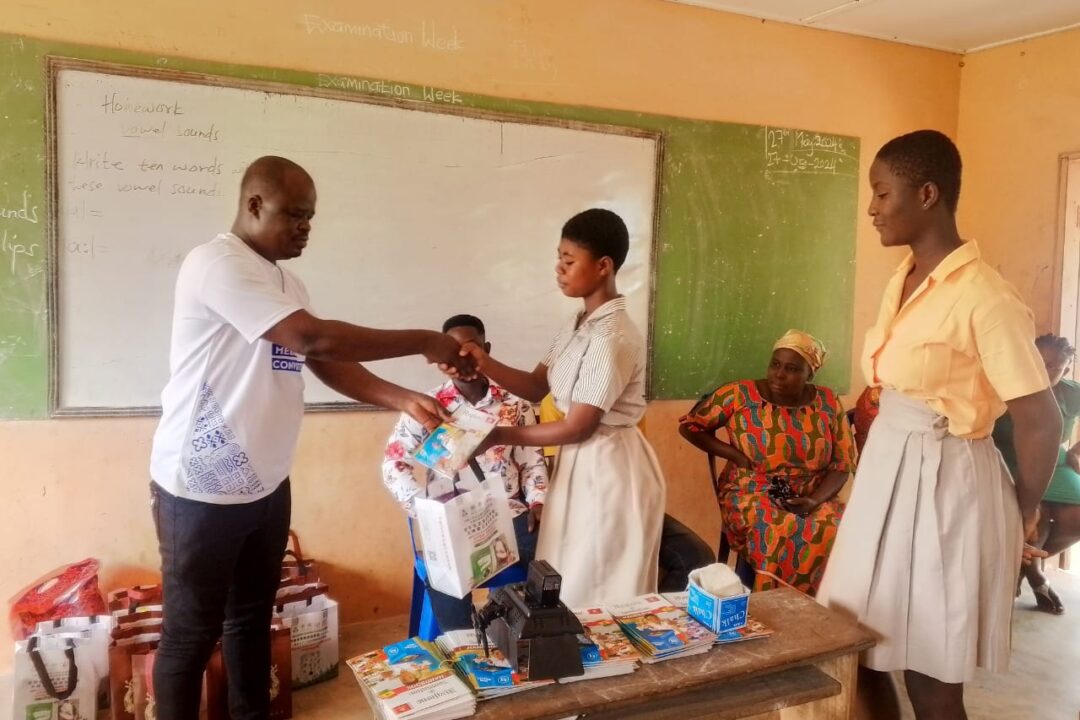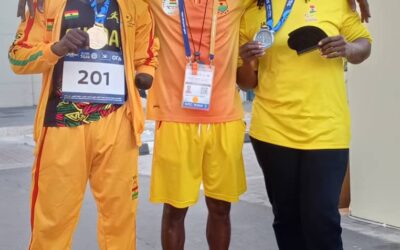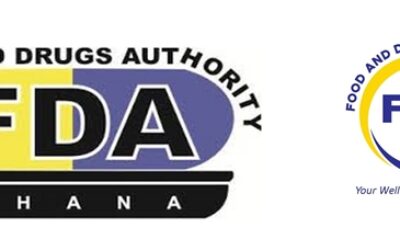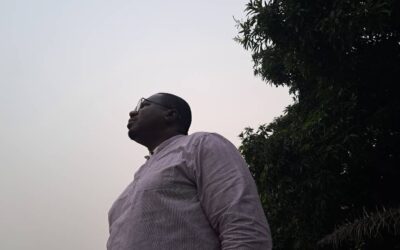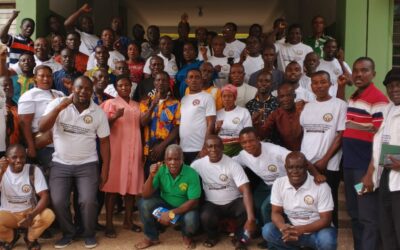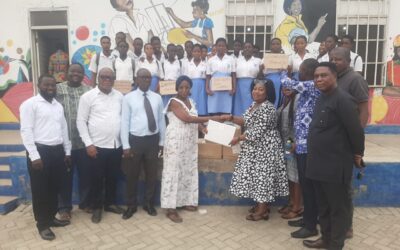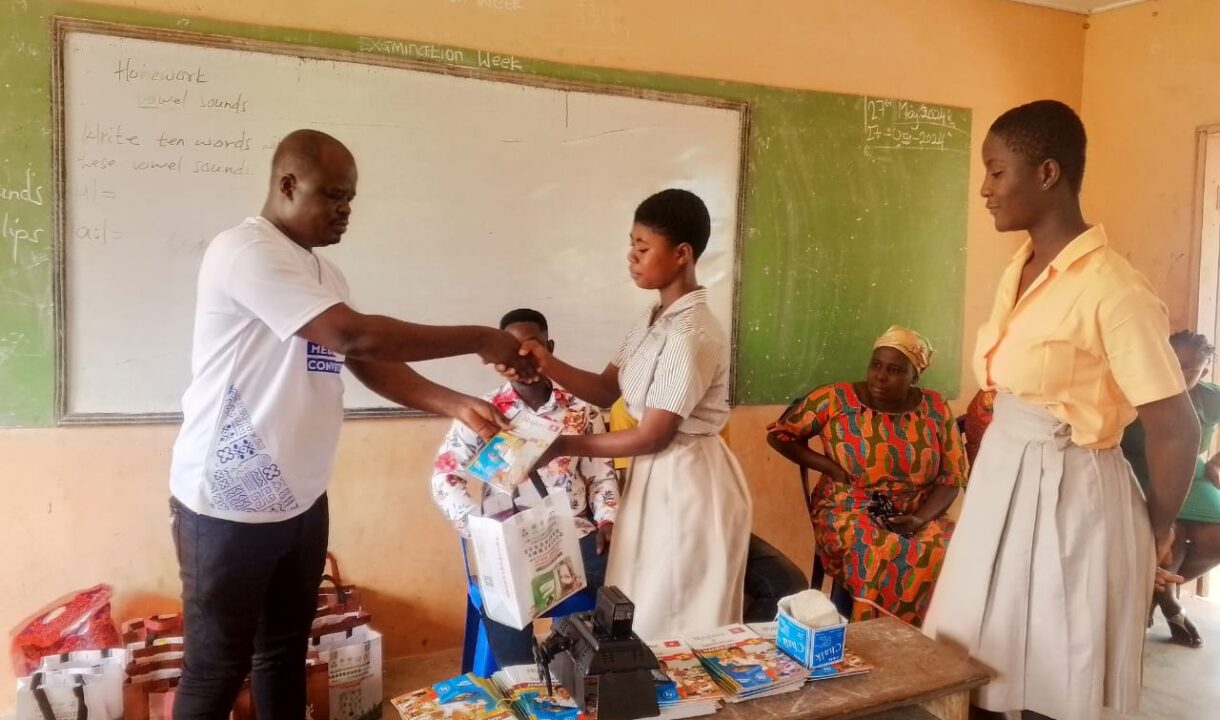
Some scenes from the eventA retired educationist, Nana Adu Asare, has appealed to the government to consider free distribution of sanitary pads and related materials to adolescent school girls as a major social intervention to encourage basic and second cycle schools’ enrolment, particularly in the rural communities across the country.




Hon.Nicolas Osei-Wusu speaking at the event
He explained that, the prevailing socio-economic difficulties being faced by parents of such children makes it challenging to cater for sanitary pads which are essential for them to ensure personal and environmental hygiene as well as boost their self-confidence while remaining in schools throughout their menstrual periods. Nana Adu Asare, who is also the head of the Nitnin Royal Family, made the appeal at Nintin in the Mampong Municipality during a forum to commemorate this year’s ‘World Menstrual Hygiene Day.

Nana Adu Asare described the initiative as historic and exemplary since it was the first time such an initiative has been seen in the area.
According to the retired educationist,
inadequate information about menstruation has had various socio-economic and educational consequences on the girls, school attendance, hygiene and environmental sanitation over the years.
He urged teachers to develop deepest understanding of their adolescent girl pupils during the monthly periods.
As part of this year’s commemoration of the Day, the Assembly Member for the Nitin Electoral Area, Nicholas Osei-Wusu, who is also a journalist, in partnership with Sunda Internation, dealers in sanitary products, organized separate fora for basic school pupils at Nintin and Hwidiem, the two communities constituting the Electoral Area.
The beneficiary girl pupils were from the Roman Catholic Primary, Presby Primary and Junior High and M/A Junior High Schools at Nintin as well as their counterparts at the Hwidiem M/A Primary and JHS.
The primary school girls were selected from the classes five and six.
At the fora at Nintin and Hwidiem, nurses and midwives took the girls through a practical demonstration of the most appropriate way of wearing and disposing off sanitary towels, how to keep personal and environmental hygiene and sanitation during the monthly period.
The girls and the female teachers from all the schools received a package containing sanitary pads that could last them a minimum of two monthly cycles as well as washing powder to keep them hygienic and health.
They each received also a copy of a handbook on ‘Hygiene and Sanitation’ with extra copies donated to the schools as teaching and learning material.
The Assembly Member for Nintin Electoral Area, Nicholas Osei-Wusu, thanked Sunda International for the partnership meant to bring some relief to the girls and their parents.
He called on government to, as a social intervention, waive off entirely the tax component of the prices of menstrual pads to make it highly affordable for pupils and students, noting that, making it completely free of child may not be sustainable in Ghana’s economic circumstance.
A Senior Staff Midwife of the Ghana Health Service, Madam Charity Azaare, who was one of the resource persons, called for increased public education on menstruation and its hygiene and health-related issues for everybody especially parents to support their daughters during that stage.
The ‘World Menstrual Hygiene Day’, was initiated by a German NGO, WASH, in 2013 but gained global recognition the following year.
The aim is to create an enhanced public awareness and education on the reality and importance of menstruation as a reproductive development of females starting from adolescent ages.
The day was fixed for world celebration on 28th May mainly to emphasize that menstruation has an average of 28-day cycle.
The ‘World Menstrual Day’ has fast gained national appreciation in recent years thereby generating increased public attention, awareness and education.

